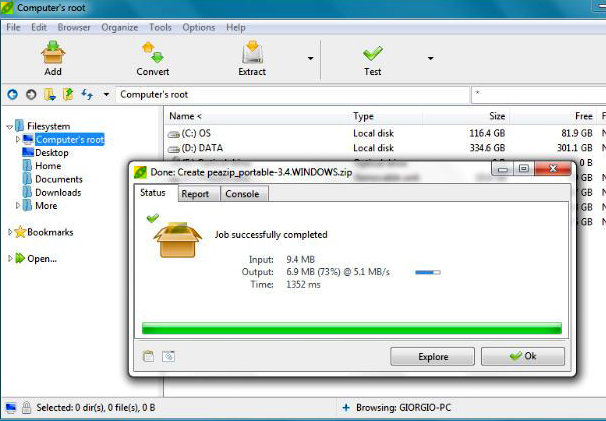
Now both A and B have the same wlan0 MAC address which makes it impossible for them to work under the same network at the same time. Into another SD carg of 32gb for Coral Dev Board B. I need to make another board run the same code so I created an image from the SD card of Coral Dev Board A and placed it I am booting from a 32gb SD card where I store the source code of my product and all the relevant results. No response Relevant Log Output AFTER BOOTīus 002 Device 002: ID 1a6e:089a Global Unichip Corp.īus 002 Device 001: ID 1d6b:0001 Linux Foundation 1.1 root hubīus 001 Device 001: ID 1d6b:0002 Linux Foundation 2.0 root hubīus 001 Device 010: ID 0c45:636d Microdiaīus 001 Device 011: ID 04e8:6860 Samsung Electronics Co., Ltd Galaxy series, misc. USB-C port of the camera is configured as OTG-slave, dev board always provides 5V power supply to the peripheral device.
Udf file system reader software android#
I also tested with another peripheral device - an Android smartphone - which led to the same problem: the phone is listed in lsusb, but disappears after rebooting dev board. I've tried resetting USB device, re-binding USB bus, triggering UDEV service - all to no avail, nothing helps until physically reconnect the device.


After dev board reboots the device is no longer detected until re-plugged. UVC-Compliant USB 2.0 camera connected to USB 2.0 Type-C OTG connector on Coral Dev board mini is recognised well only when plugged.


 0 kommentar(er)
0 kommentar(er)
